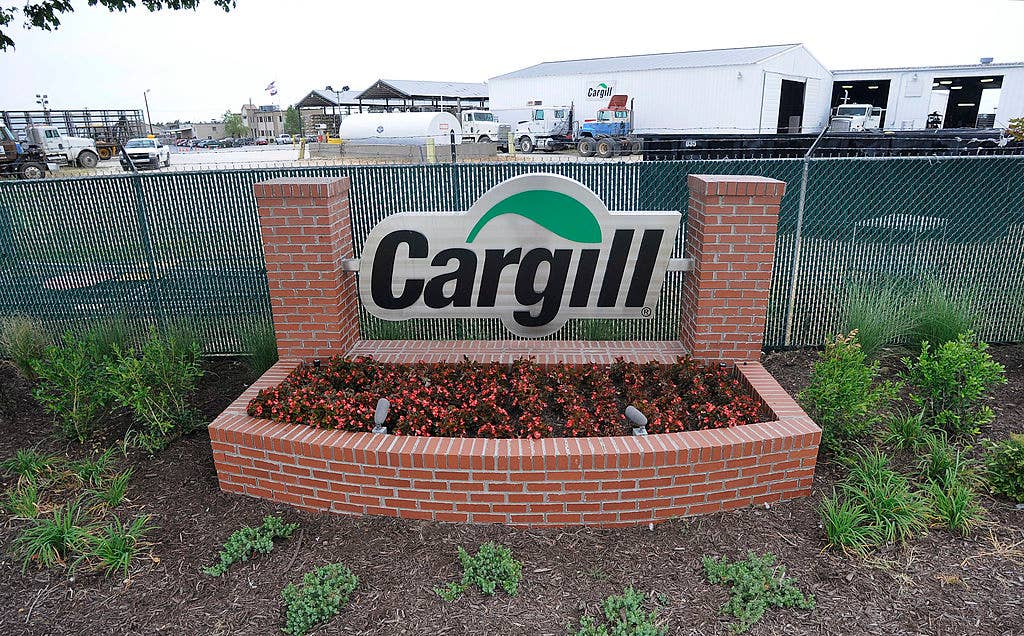
Food Giant Cargill to Release Meat Alternatives to Rival Beyond and Impossible
Beyond Meat and Impossible Foods are currently on top of the meat-alternative market but food giant Cargill is about to shake things up with some major launches of its own. Make way for whatever they have cooking. Cargill is the largest privately-owned company in the US, bigger even than AT&T. They sell beef to McDonald's and other companies and if they were publically traded would be number 15 on the Forbes list of top 500 companies in the world.
Widely known for supplying retailers with ground beef, the 155-year-old company is walking into uncharted territory with its latest announcement that it is beginning to produce plant-based foods. In April, Cargill will begin to release private-label plant-based burgers and ground meat, which will be available in stores and on the menu of various restaurants.
Impossible vs Beyond
Wondering where Cargill's burgers will fall in the soy versus pea protein debate? It won't. While Impossible is soy-based and Beyond is pea protein-based, Cargill announced it will make one of each. Cargill's announcement included the fact that it will make two different types of faux meat: one soy-based and one pea-protein based.
The company's strategic approach might put them on top of their soon to be competitors.
After extensive research and taste testing, Elizabeth Gutschenritter, managing director of Cargill's alternative protein, believes they have the "best-tasting products available in the plant-based category today." The confidence is admirable, but Cargill's product will need to back it up.
Why add meat alternatives now?
Cargill isn't switching directions, but rather adding another lane to pass its competitors and hit the accelerator. Brian Sikes, leader of Cargill's global protein and salt business said, "We need to keep all protein options on the table... Whether you are eating alternative or animal protein, Cargill will be at the center of the plate." So in other words, no matter what you and your family choose to order when you eat a burger, Cargill has a protein for everyone.
The question remains will plant-based stay synonymous with healthier for the planet and for people? Will it have an impact on food production and sustainability? Cargill has also invested $7 billion globally into its animal production, and the plant-based investment is said by observers to be a fraction of that amount. So whether this nets out as a positive for human health, climate change and ethical food production remains to be seen.
Cargill is not just another small producer jumping into the fray. It is one of the top ten largest food companies in the country, so when a big player like Cargill joins the plant-based movement by adding meat alternatives to its lineup it's a way of acknowledging that the side game has become the main event.
More From The Beet






